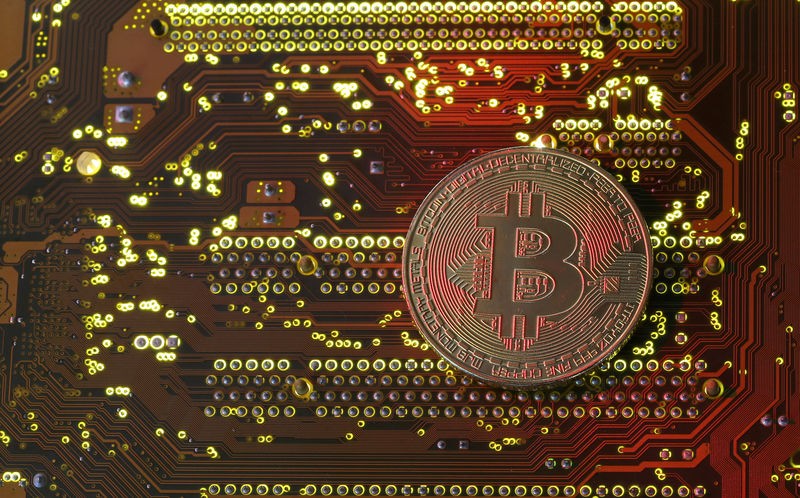Bitcoin has hit the $97,000 threshold for the first time, as the digital asset sector moves to bolster its influence with Donald Trump, pushing for a new White House position dedicated to cryptocurrency policy.
The Trump team is holding discussions about whether to create such a role for the first time, and the industry is lobbying to create the position, with the goal of gaining direct access to the president-elect, who is now one of crypto’s biggest cheerleaders.
The talks are the latest U.S. push into the digital asset market, alongside plans by MicroStrategy Inc. to accelerate bitcoin purchases and the emergence of options on U.S. cryptocurrency exchange-traded funds.
The largest cryptocurrency rose more than 2% in the United States on Wednesday, extending gains in Asian trading on Thursday to a record high of nearly $97,000. The cryptocurrency market as a whole has extended its gains, having surged more than $800 billion since Trump’s election victory on Nov. 5, according to data from CoinGecko.
$100k threshold
Speculators are increasingly focusing on whether Bitcoin will make another jump to $100,000. Those who see the cryptocurrency’s role as a modern-day store of value are betting on the figure to dispel skeptics who see little point in cryptocurrencies and denounce their association with money laundering and criminal activity.
“Buyers are choking out sellers,” said Tony Sycamore, a market analyst at IG Australia. “While I’m not sure it’s going to be smooth sailing as Bitcoin approaches the $100,000 mark, demand seems to be relentless,” he added.
MicroStrategy, the largest publicly traded firm holding bitcoin, said Wednesday it was increasing the amount of convertible notes it sells by nearly 50% to $2.6 billion to fund additional purchases of the cryptocurrency. The company now touts itself as a cryptocurrency custodian, with $31 billion worth of digital assets.
Trump has pledged to create a US regulatory framework that supports digital assets and to create a strategic reserve of Bitcoin. The timeline for implementing his promises, and the possibility of creating a Bitcoin reserve, remains uncertain.
The president-elect was skeptical of cryptocurrencies, but changed his position after companies in the sector spent huge sums during the election campaign, promoting their interests.






































